
Days of Sorrow, Days of Joy
The Temple was the one place on earth where everyone - Jew and non-Jew - could come close to God. Therefore...

The month of Av is the saddest month of the Jewish calendar because on the ninth day of this month we mourn the destruction of the First and Second Temples.
The Temple was the one place on earth where everyone – Jew and non-Jew – could come close to God. Therefore, when it was destroyed we not only went into physical exile from the Land of Israel, but the Divine Presence also went into exile. From that time on, God’s Presence became hidden in the world and it became increasingly difficult to find Him.
The first exile lasted only 70 years. The second exile continues to this very day.
The period of mourning for the destroyed Temples began on the 17th of Tammuz. On that date the walls of Jerusalem were breached – a first step towards the city’s destruction three weeks later. But there is an even earlier echo of this tragedy found in our history, for it was on the 17th of Tammuz that the Israelites worshiped the Golden Calf. When Moshe (Moses) saw the people dancing around the gold idol, he smashed the two stone tablets he had brought down from Mount Sinai – which made the day a time for “breaking stones” forever after.
Similarly the causes for the tragic events of the ninth of Av can be traced back to our sojourn in the desert. When ten of the twelve spies came back with an evil report of the Land of Israel – and the people listened to and accepted this report instead of believing in God’s promise to take them safely into the Land – the ninth of Av became a night of crying for the generations.
And yet the prophet Yirmiyahu (Jeremiah), who witnessed the destruction of the First Temple, calls the ninth of Av a moed (Lamentations 1:15) – a most surprising choice of words since a moed is a festival and a time of joy.
A festival is a time when we “meet” God. The joyous holidays of Pesach, Succot and Shavuot are all referred to as a moed because these are times when we “met” God through His many miracles on our behalf (the Exodus from Egypt, the Giving of the Torah, etc.).
It’s true that on Tisha B’Av (the ninth of Av) we meet God, but it is a time when we experience God’s wrath. Without the connotation of joy, how can the day be a moed?
Perhaps Yirmiyahu is telling us to look deeper into the nature of the pain we feel on this day and, in the process, discover something new about the nature of joy.
Dangerous Times
The three-week period in between the 17th of Tammuz and the 9th of Av is called Bein HaMetzarim (Between the Straits). As its name suggests, this is an uncomfortable time. It is a time when we feel trapped, constricted, caught. In fact, history has shown us that this is a very dangerous time for the Jewish people – a time when calamities befall us a people and as individuals.
Why is this time more dangerous for us than all other times of the year?
At all other times of the year God protects us in one of two ways – either naturally or supernaturally.
When we ignore our own desires and the distractions of the world and instead try to become close to God and do His will – a feat that often requires superhuman efforts on our part – we merit a protection from God that is also beyond nature. Through fulfilling the mitzvah of “And you shall love Hashem your God” (Devarim 6:5), we merit to receive a miracle that can save us from even the most hopeless situation.
The second way God protects is through nature. We merit this kind of protection when we fulfill the mitzvah of “You shall love your fellow as yourself” (Vayikra 19:18) and help others. When it is our turn to need help, God arranges things so that we will be helped by others in a natural way.
On the 17th of Tammuz, when we worshiped an idol instead of God, we forfeited our right to receive Divine protection through miraculous means. By the time we got to Tisha B’Av, we were so filled with hatred towards fellow Jews who dared to disagree with our opinions – we threatened to stone the two spies who disagreed with the bad report of the Land – that we lost our Divine protection through natural means.
Bereft of both types of protection – caught between the straits – we became easy prey for our enemies during this time. The First Temple, which was destroyed because of idolatry, bloodshed and immorality, and the Second Temple, which was destroyed because of “causeless hatred” (sinat chinam), are the two most terrible calamities that befell us. However, the expulsion from Spain in 1492, the beginning of World War I (which spelled the beginning of the end for European Jewry) and other tragic events all occurred on Tisha B’Av.
It is this feeling of being abandoned to our enemies, God forbid, that causes us such pain. It is the feeling of being totally alone in our sorrow and our disgrace that makes us weep. Yet according to Yirmiyahu, even within this time of mourning we can find a reason for joy.
Fathers and Sons
We find a hint about how to turn our sorrow into joy in the name of this month, because Av is the Hebrew word for “father.” Therefore, even though we feel furthest from God during this month, we are reminded every day that this is only a temporary situation. No matter how often we have rebelled against Him, He is still our Av – our Father in Heaven and nothing we do can ever permanently sever that relationship.
But how can we restore our relationship with our Father so that He will once again act like a loving parent towards us? (Actually everything God does is done as a loving parent – it’s just that we often can’t see the love hidden within the obstacles He sends us to help us grow.)
The first step is for us to start treating God like He is our Father. Little children turn to their parents every day with dozens of requests, and Rebbe Nachman of Breslev advises us that no request is too small or too trivial when it comes to turning to God.
Every prayer for help, every apology for something we did wrong and every thank you for the times when things go right strengthen our feelings of love for Him – and this loves helps us merit to receive Divine protection through miraculous means.
But it is not enough to work only on coming closer to God. Because a father loves his children, he loves those people who show kindness to his children. Since we are all God’s children, it therefore follows that when we do acts of kindness towards others we awaken His feelings of love for us. The favors we do for a family member, a friend, a business colleague and even a complete stranger open up for us the natural channels of Divine protection, so that we can get help from others when we need it.
When we begin to treat God as our Father and recognize that the Jewish people really are one family, He will once again treat us as His children and we will finally be able to return to our true home in the holy Land of Israel. Then we will finally understand the meaning of true joy.
May our efforts to “meet” God through our prayers and through the good deeds we do for others help turn Tisha B’Av into a moed this year, and may we merit to see the rebuilding of the Temple speedily and within our days.
***
Libi Astaire is the author of Choose Light! Chassidic Tales for Chanukah, Rosh Hashanah, Sukkos, Passover & Shavuos; Breakfast with Rav Zusha and Other Stories to Wake Up Your Soul; and the award-winning Jewish Regency Mystery Series. Visit her website for more information about these and other books.



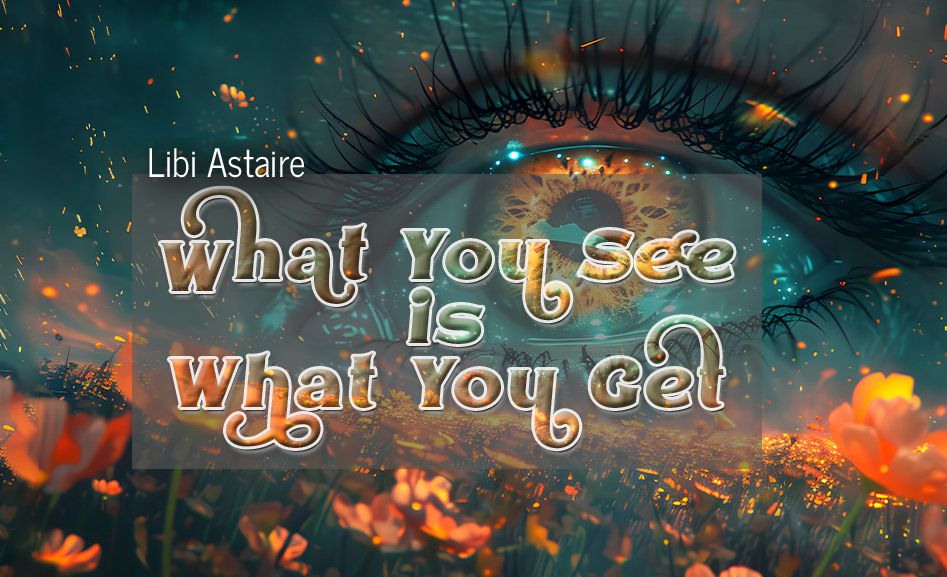


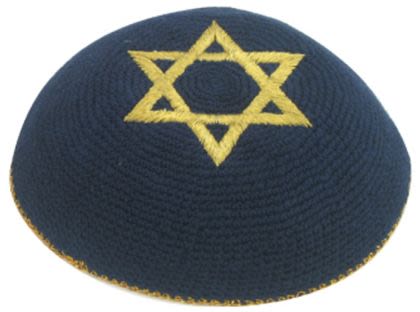
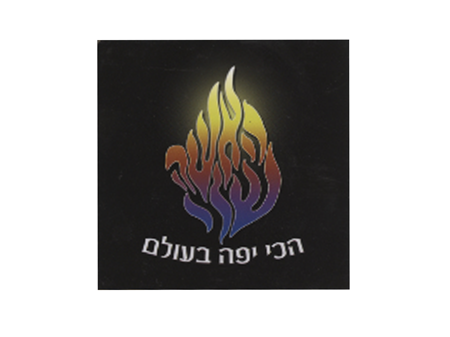
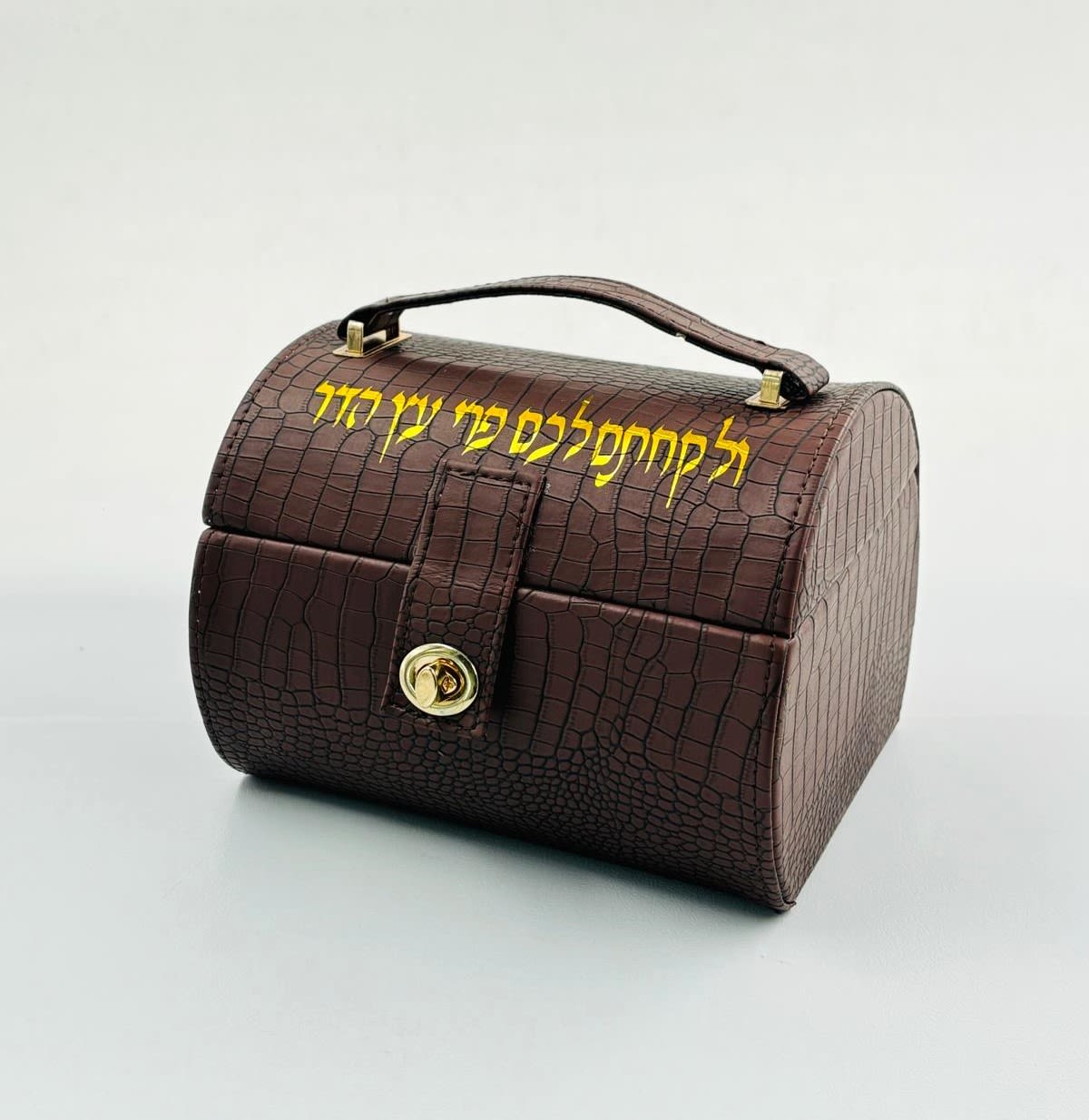
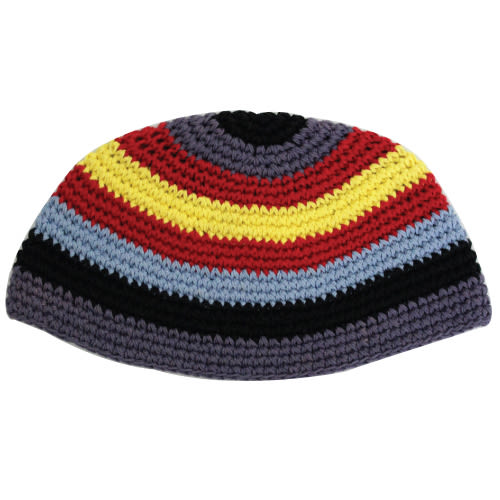
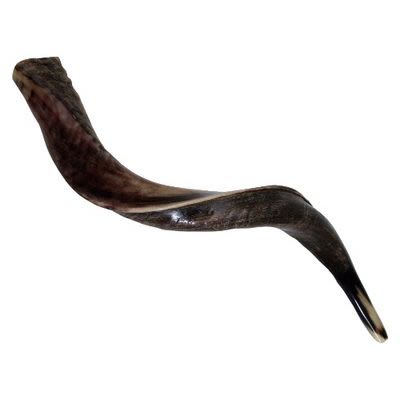
Tell us what you think!
Thank you for your comment!
It will be published after approval by the Editor.